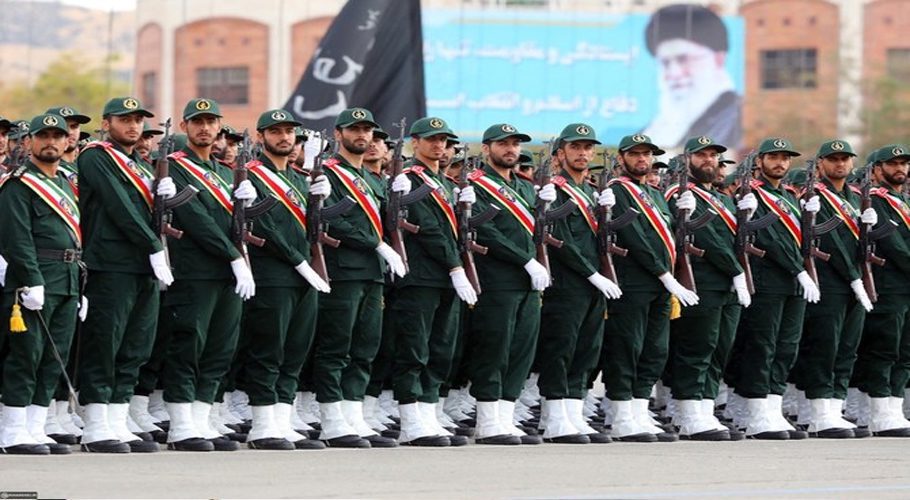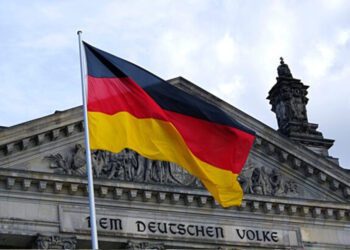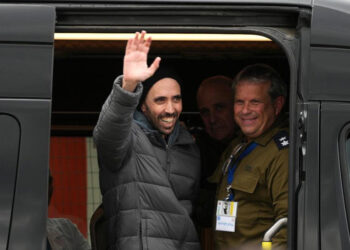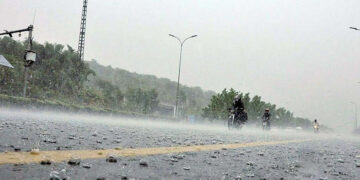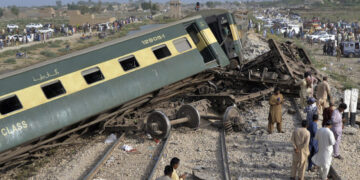![]() Follow Us on Google News
Follow Us on Google News
According to reports, the IRGC aimed to dismantle key strongholds of anti-Iranian elements, including a “spy headquarters” and a gathering of terrorist groups in Arbil, the capital of Iraq’s autonomous Kurdistan region.
In response to recent terrorist activities, particularly the tragic suicide bombing near the tomb of IRGC General Qasem Soleimani in Kerman, the Guards unleashed ballistic missiles on gathering places in Syria. This retaliation was framed as a response to the crimes committed by terrorist groups, leading to the unjust martyrdom of Iranian citizens in Kerman and Rask.
The United States condemned Iran’s actions, with State Department spokesperson Matthew Miller saying, “The United States strongly condemns Iran’s attacks in Erbil today and offers condolences to the families of those who were killed. We oppose Iran’s reckless missile strikes, which undermine Iraq’s stability.”
The recent wave of violence includes the suicide bombing near General Soleimani’s tomb, claimed by the Islamic State group, resulting in approximately 90 casualties. Iran’s intelligence ministry disclosed that one of the suicide bombers was a Tajik citizen, while the identity of the other remains unknown.
In a separate incident, at least 11 Iranian police officers lost their lives in a jihadist-claimed attack on a police station in Rask, located in the southeastern province of Sistan-Baluchistan. The group responsible, Jaish al-Adl (Army of Justice), formed in 2012 and is blacklisted by Iran as a “terrorist” organization.
Adding to the complexity of the situation, the IRGC claimed to have struck an alleged Israeli target, declaring the destruction of Mossad’s spy headquarters in the Kurdistan region of Iraq. According to IRGC statements, the targeted headquarters played a central role in developing espionage operations and planning terrorist actions in the region.







